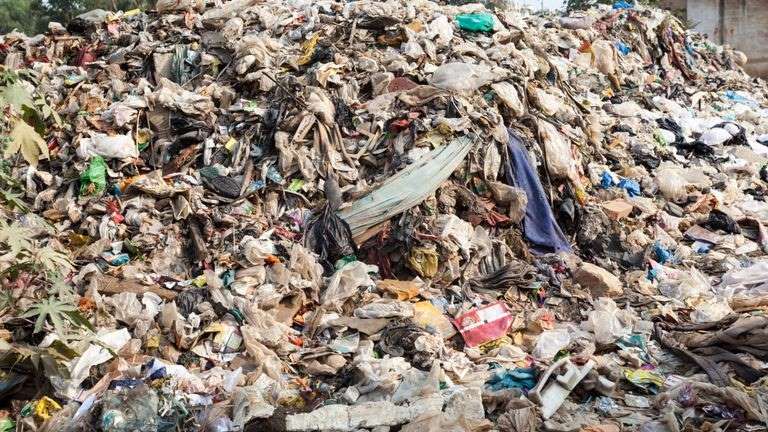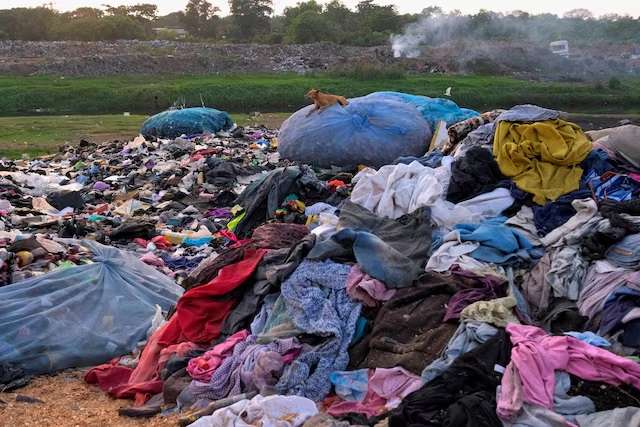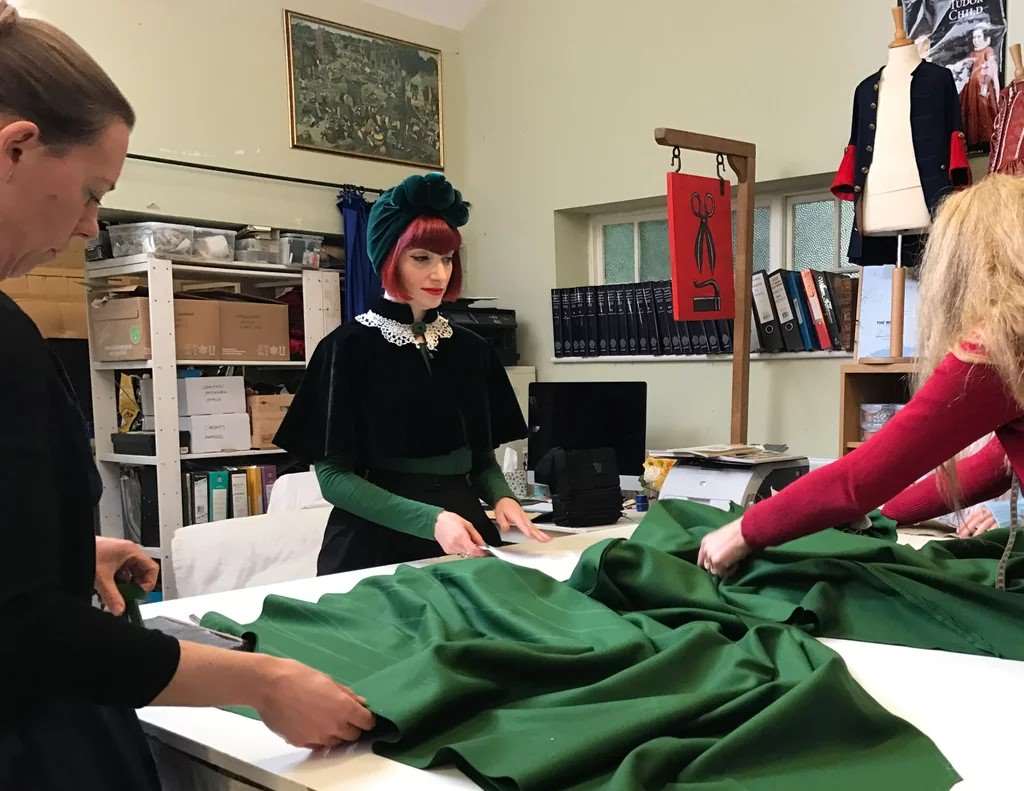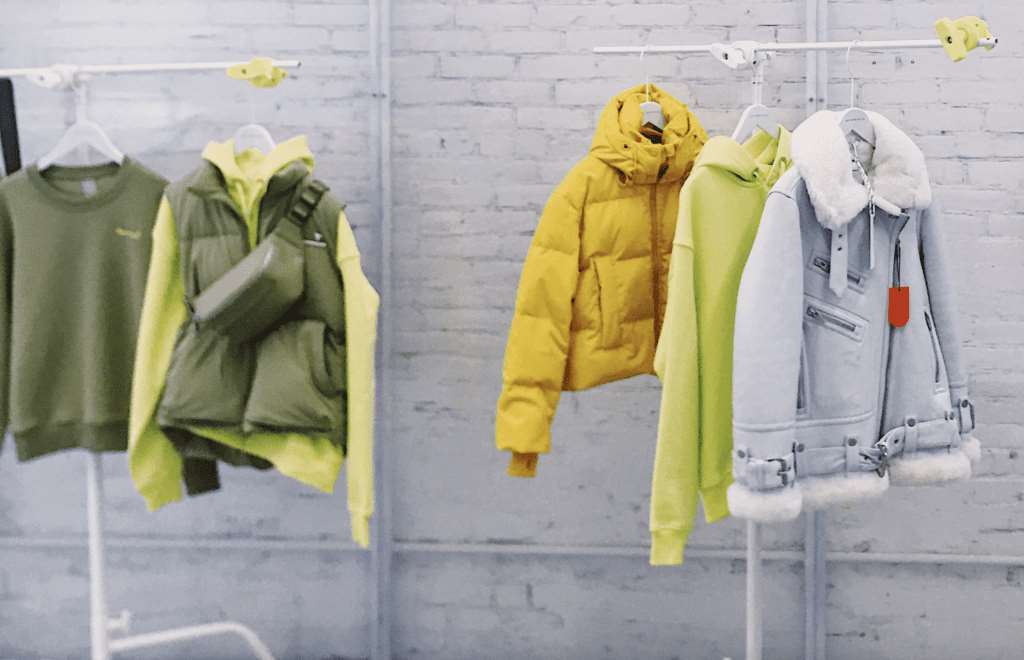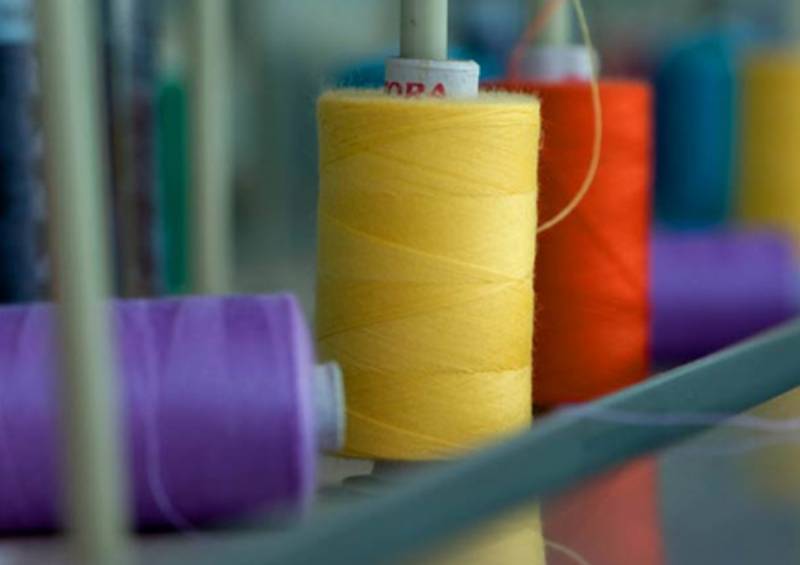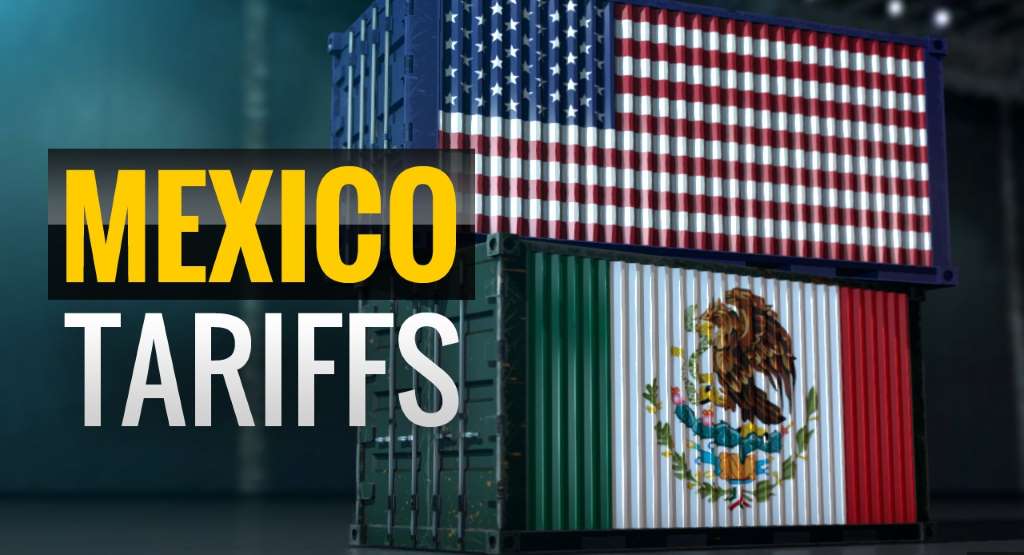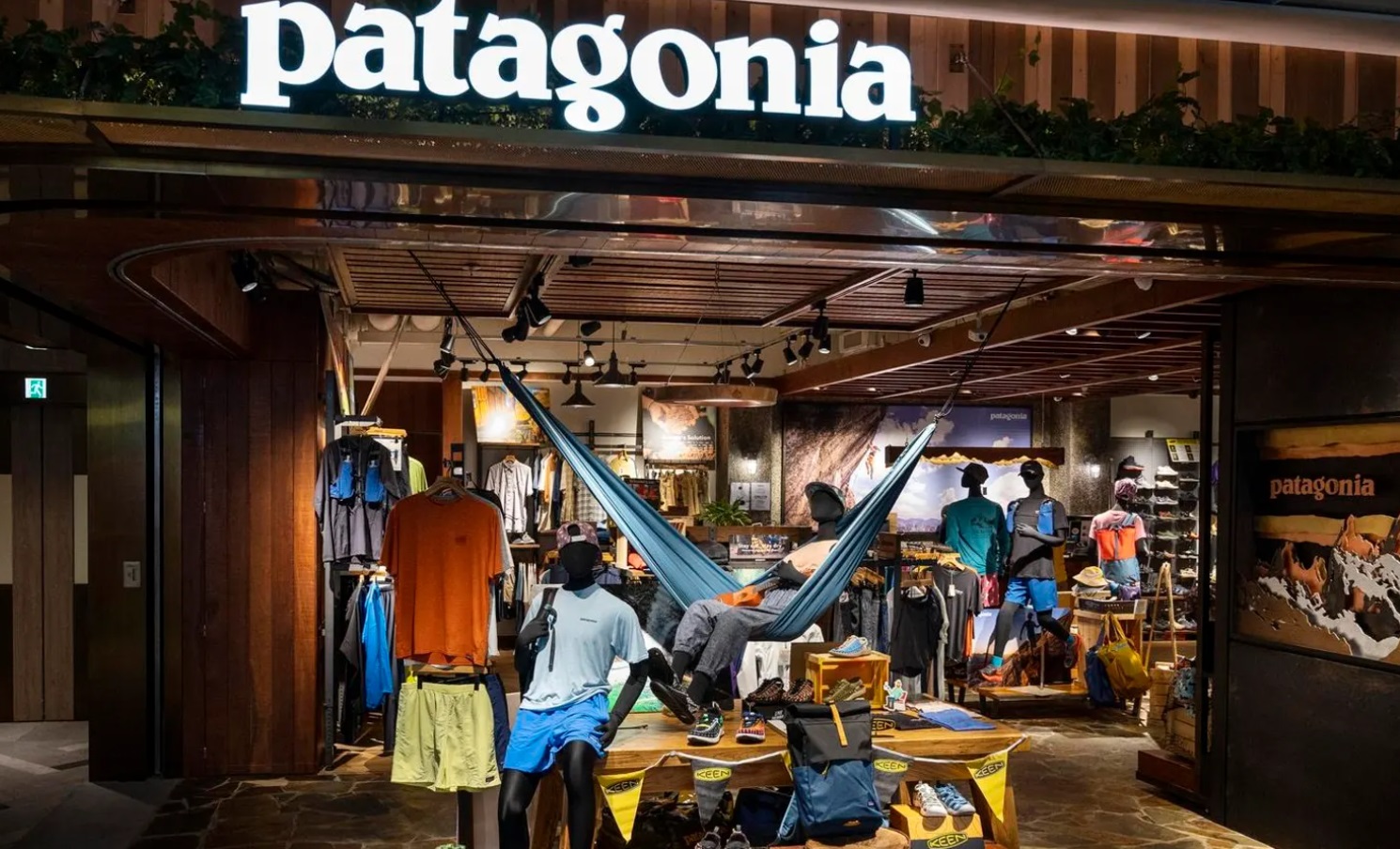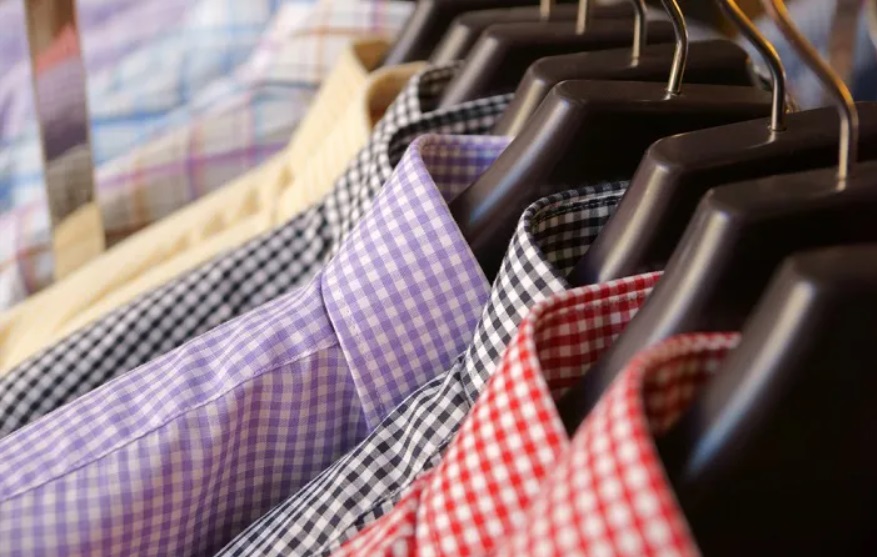FW
The 2009-14 textile policy of Pakistan had allotted Rs 118 billion for lower interest subsidy for technology upgradation. But the textile industry has yet to receive the funds. India introduced the Technology Upgradation Fund Scheme in April 1999. Up to January, 31, 2013, the subsidy amount came to $2.63 billion, which led to an investment of over $39 million in textile machines.
The Indian scheme of integrated textile parks, where entrepreneurs set up their units in these parks, has caught the fancy of Pakistani businessmen. They want similar textile parks and have urged the textile ministry to arrange land for this purpose. They feel that for instance in 25 acres of land, 200 spinning, weaving and processing units can be established.
With Indian textiles strengthened by a load of subsidies, it will be difficult for Pakistan to compete in the textile sector despite being granted GSP plus status. India gives its exporters major incentives for the introduction of new products and markets. The incentive (subsidy) under the focus market scheme currently stands at three per cent. Besides, the Indian government provides institutional support to textile exporters through different textile subsector-specific export promotion councils and textile research centers.
Italian major, Itema, a leading global provider of advanced weaving solutions, reported rise in sales and profit for the fiscal year 2013. While sales of weaving machines and spare parts were up 25 per cent against 2012, EBIT (operational result) was up 30 per cent. Consolidated net proceeds from weaving machinery increased 50 per cent. During the year, Itema branded weaving machines were delivered to 40 countries worldwide.
In 2013, the company focused on a wide range of restructuring and process improvement measures like continued lean manufacturing across the production facilities, both at Coluzate and Shanghai sites. It also introduced automation in the production processes and far reaching energy saving initiatives at the Colzate plant. In Shanghai the move of commercial offices and production plant to a new energy efficient and ergonomic site is in its final stages.
Itema also announced important appointments, Fulvio Carlo Toma was chosen the Group Sales and Marketing Director. Another important appointment was the nomination of Giacomo Sala, Group CFO to the position of Managing Director of Itema Switzerland.
ItemaLab will now be located in a newly created laboratory inside Kilometro Rosso, the renowned Science & Technology Park just outside of Bergama. The company has launched Itema Academy in partnership with Confindustria Bergamo Education.
www.itemagroup.com
The National Small Industries Corporation (NSIC) is offering subsidies for Indian companies participating in Techtextil Russia to be held in Moscow from March 11 to 13, 2014. This is an international trade fair for technical textiles, nonwovens and protective clothes. It showcases the latest innovations in design, production and application of technical textiles and products made of them. Exhibits of Techtextil Russia have many industrial applications and cover various aspects of people's activity.
Techtextil Russia is a universally recognized trade fair brand and the most significant trading platform for all professionals in the technical textile industry. The trade fair is becoming the key professional event for Russian and foreign manufacturers and buyers. There will be several products and processes on display. Among these are processing technology, machinery and equipment, waste disposal and recycling technology, technical accessories, quality assurance, fibers and yarns, wovens, scrims, among others.
www.messefrankfurt.com ›
Unemployed textile workers in Spain's Valenciana region could get European Globalisation Adjustment Fund (EGF) aid worth €840,000 to help them find new jobs under plans approved by Parliament's Budgets Committee. The aid still has to be approved by Parliament as a whole and the Council of Ministers. The EGF aid would help pay for measures such as individual counseling, vocational training, help in setting up a private business or intensive job-search assistance for 300 of the 560 workers made redundant by 198 textile firms.
This aid would meet half the cost of a €1.68 million aid package, the other half of which would be met by Spain. The redundancies are the result of major structural changes in world trade patterns, especially due to competition from China and other Far Eastern countries. The textile manufacturing sector has been the subject of 11 EGF aid applications, six of which were from the Valenciana region.
The European Globalisation Adjustment Fund contributes to packages of tailor-made services to help redundant workers find new jobs. They are offered measures such as support for business start-ups, job-search assistance, occupational guidance and various kinds of training.
Pakistan Readymade Garments Manufacturers & Exporters Association (PRGMEA) in collaboration with EVECON is organizing the ‘Made in Pakistan Expo 2014’ at the World Trade Centre from April 3-7, 2014 in Mumbai, India. The government of Pakistan through Ministry of Commerce & Textile and Karachi Chamber of Commerce & Industry (KCCI) and Association of Indian Industries (AIAI) have expressed their full support to PRGMEA for the expo and the Pakistani Mission in India has also been advised to facilitate the organizers for arranging the event in a befitting manner.
Pakistani products especially fashion fabrics and garments have big market in India, and such events are visited by numerous visitors daily. The expo will provide a platform for fashion, textile, food, leather, footwear and many other lifestyle related products under the slogan ‘Reach the right audience, at the right time, in the right way’.
Exhibitors from segments like fabrics, home textiles, fashion clothing (casual, formal and bridal), textile made ups, footwear, textile handicrafts, sports goods, gloves, jewellery, etc will display their range during the expo.
www.prgmea.org
Following the footsteps of the largest importer of apparels, the US, now the UK has decided to focus on bringing mass-market garment production back to the country. However, experts speaking on the subject at the recent ASBCI conference 'Making it in the UK - Ready or not?' expressed that there are still challenges to overcome if the 'Made in Britain' movement.
Today, more than 100,000 people are employed in the UK textile industry compared with 340,000 at the end of the millennium. Yet clothing manufacturers produced £3.2 billion at cost during 2012, up from £2.9 billion in 2008. Domestic manufacturing in the UK seems to be back on track again owing to rising labour costs and freight charges in overseas destinations, China concentrating on domestic consumption and difficulty in sourcing raw materials.
Another reason behind the trend is the customers asking for original British fashion and growing environmental and ethical concerns over 'sweatshop' style workplaces in foreign locations from where the country imports. Basic Thinking, which makes women’s and children’s fast fashion clothing, for instance has decided to focus on production back in the UK. Earlier, the Leicester-based firm manufactured its requirements from its vertical operation in Egypt with an average lead time of eight weeks FOB but now, the company only manufactures 20 per cent of its product in Egypt with lead times between two and four weeks, and 80 per cent of its garments in the UK.
However, it’s just the beginning with 60 per cent of the UK's clothing workforce over 40 years old and young showing no interest in working for the textile manufacturing unit, the industry would face obstacles in setting up manufacturing operations in the UK. Basic Thinking, in conjunction with training provider KTL, has set up its own sewing academy, which plans to enroll unemployed people on the course starting next month. Also Fashion Enter, a not-for-profit social enterprise, is developing skills within the country's fashion and textiles industry with its stitching academy and factory.
With the country investing only 1.5 per cent of its manufacturing investment in the clothing, textile and leather industries over the past few years, there’s definitely a long way to go.
APTMA Punjab, Chairman has asked the Indian ministry of commerce and ministry of textile industry and Cotton Export Corporation India to implement strict measures on the Wagha border to strengthen trade. Confidence-Building Measures (CBM) in the interest of trade relations of Pakistan and India, as the organization has found an abnormal weight variation of cotton bales being imported from India through the border.
The Chairman of APTMA Punjab, S M Tanveer has pointed out that Pakistani importers of Indian cotton have witnessed almost 20 kg reduction per bale imported from India. And they have lodged complaints with the association about the unfair trade practices on the Indian side. In normal trade practice, a weight variation of one to five kg per bale is acceptable due to the drying up of moisture content.
Around the time, when both the countries wish to improve their trade relations and since India is a major exporter of cotton to Pakistan, the industry has asked the Indian authorities to immediately look into and curb the unfair trade practices going on the side of India border.
www.aptma.org.pk
Readymade garment exporters of Bangladesh are looking to diversifying their market. Reason: Their traditional export destinations, the EU and the US, are laying down stringent conditions related to workplace safety and labor rights. With a view to explore newer markets, the Bangladesh Garment Manufacturers and Exporters Association (BGMEA) and the Bangladesh Knitwear Manufacturers and Exporters Association (BKMEA) are planning to organize single country fairs both in and outside Dhaka and organize networking exchange and business tours.
The BGMEA will organize single country fairs for Indian and Chinese apparel buyers, buying houses and trade body representatives and other related traders in April and June. It's also planning to hold such expos for South Korea, South Africa, Russia and Mexico this year while the BKMEA will hold fairs focusing on the Latin America, Brazil and Chile markets by 2014. The expos will display Bangladesh products and services to attract Indian and Chinese buyers and their representatives and further business development.
Diversification of markets and products is also important to reduce different business risks that emerge due to recession and a series of industrial tragedies that have seriously highlighted safety issues in the garment sector.
www.bgmea.com.bd/, www.bkmea.com/
Work orders from international buyers are picking up with the return of political stability in Bangladesh after the January 5 national elections. Garment makers aim to achieve their export growth target at the end of the year if there are no further political upheavals.
Bangladesh, the second largest garment exporter after China, shipped knitwear items worth $7 billion and $7.18 billion of woven items, a year-on-year growth of 18.13 per cent and 17.32 per cent in July to January. The country shipped more than $2.24 billion of clothing overseas in January, 7.09 per cent more than a year ago period. This advance marks the 18th year-on-year increase in the last 19 months, buoyed by gains in exports of both woven and knitwear.
With Bangladesh tentatively on track to ship an unprecedented amount of clothing in 2014, and it will import record amounts of both textiles and cotton in response. Given that the country grows little cotton of its own, the local textile and apparel sector is almost entirely dependent on imports of the fiber. Cotton consumption in Bangladesh may rise 8.75 per cent in fiscal 2014-15.
However Bangladesh will face challenges in the European market as the European Union has awarded trade preferences to Pakistan as well for the same products.
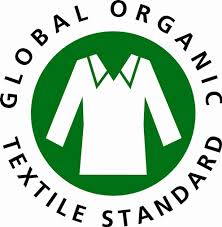 The Global Organic Textile Standard (GOTS) International Working Group has released Version 4.0 of the worldwide recognized standard for processing of textiles made from at least 70 per cent or 95 per cent certified organic natural fibers. GOTS' core provisions such as the 70 per cent minimum content of certified organic fibers, the general ban on the use of substances from disputed techniques such as genetic engineering and nanotechnology, as well as carcinogenic substances, have been maintained in the new version. There are modified rules on permissible conventional ‘additional fiber materials’: these now may consist of regenerated, respective synthetic fibers -- up to 30 per cent -- provided they are environmentally-improved and certified. For regenerated fibers this means that the raw material must be from certified organic production, sustainable forestry management, or be certified recycled. For synthetic fibers, the raw material must be recycled and also certified according to recognized standards.
The Global Organic Textile Standard (GOTS) International Working Group has released Version 4.0 of the worldwide recognized standard for processing of textiles made from at least 70 per cent or 95 per cent certified organic natural fibers. GOTS' core provisions such as the 70 per cent minimum content of certified organic fibers, the general ban on the use of substances from disputed techniques such as genetic engineering and nanotechnology, as well as carcinogenic substances, have been maintained in the new version. There are modified rules on permissible conventional ‘additional fiber materials’: these now may consist of regenerated, respective synthetic fibers -- up to 30 per cent -- provided they are environmentally-improved and certified. For regenerated fibers this means that the raw material must be from certified organic production, sustainable forestry management, or be certified recycled. For synthetic fibers, the raw material must be recycled and also certified according to recognized standards.
In the future, textile manufacturers will have a larger choice of fiber mixes if they also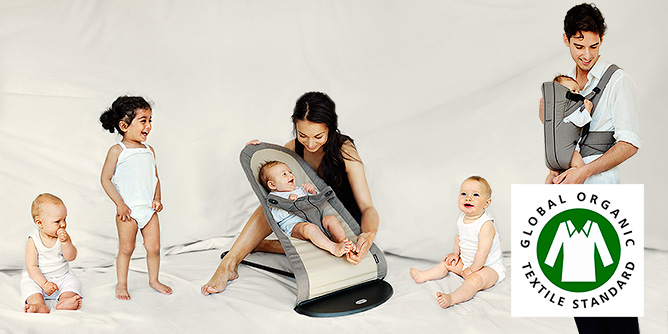
use the environmentally-improved variants of regenerated and synthetic fibers. A wider product selection of GOTS-certified products will be made possible which will also support the increased use of organic fibers. In addition, the use of virgin polyester and angora is banned.
Processing is also regulated more strictly. As in every revision process, the latest insights regarding textile chemistry and residue testing methods were considered and various applicable criteria and limit values were reinforced. The already extensive list of banned substances and strict residue parameters was further extended. This will point out more clearly that all substances criticized by Greenpeace in their ‘Detox Campaign’ remain banned in GOTS. New criteria were adopted for specific product groups, such as textile personal care products or mattresses.
The GOTS social criteria are based on the International Labor Organization (ILO) key conventions, which include ban on child labor. The audit areas that need to be covered by the auditors during the on-site inspections were further specified. The GOTS 4.0 now expressly stipulates programs or certifications with the results considered during the GOTS inspection: Fair Wear Foundation (FWF), Social Accountability 8000 (SA800), Worldwide Responsible Accredited Production (WRAP) and the Business Social Compliance Initiative (BSCI). Fire prevention training and evacuation drills were added to the existing health and safety training requirements. The implementation period for GOTS certified entities to comply with the new criteria is one year after the announcement.
The Top 20 countries in terms of the total number of GOTS-certified facilities were (by rank): India, Turkey, Germany, China, South Korea, Italy, Pakistan, Bangladesh, Japan, Portugal, France, United Kingdom, United States, Austria, Switzerland, Netherlands, Greece, Denmark, Belgium and Sri Lanka.
www.global-standard.com

